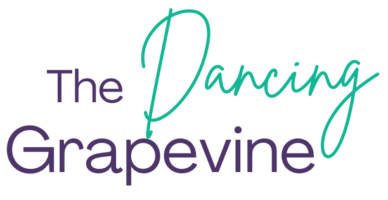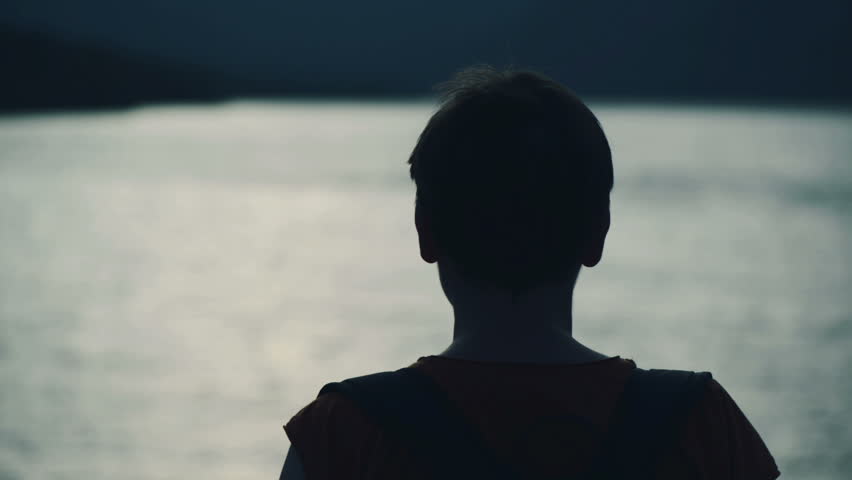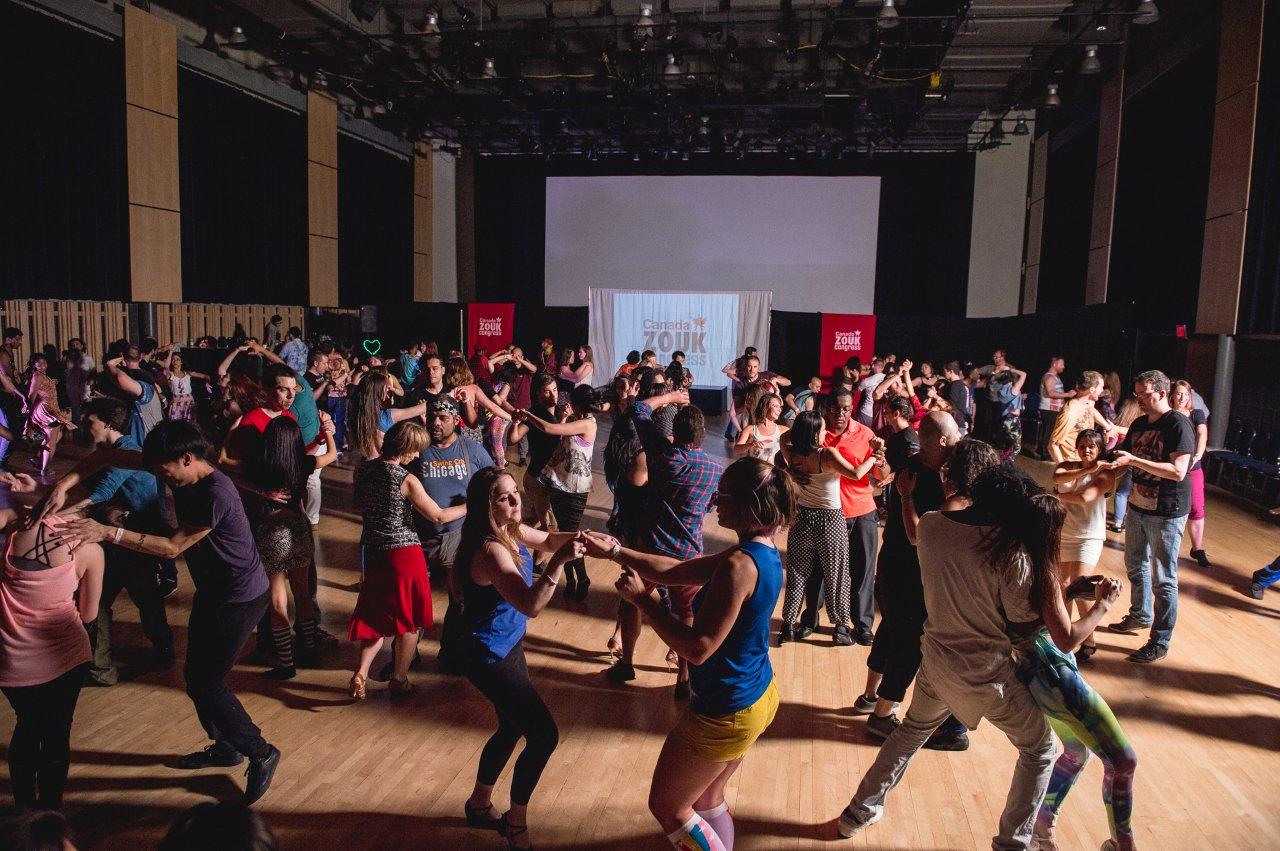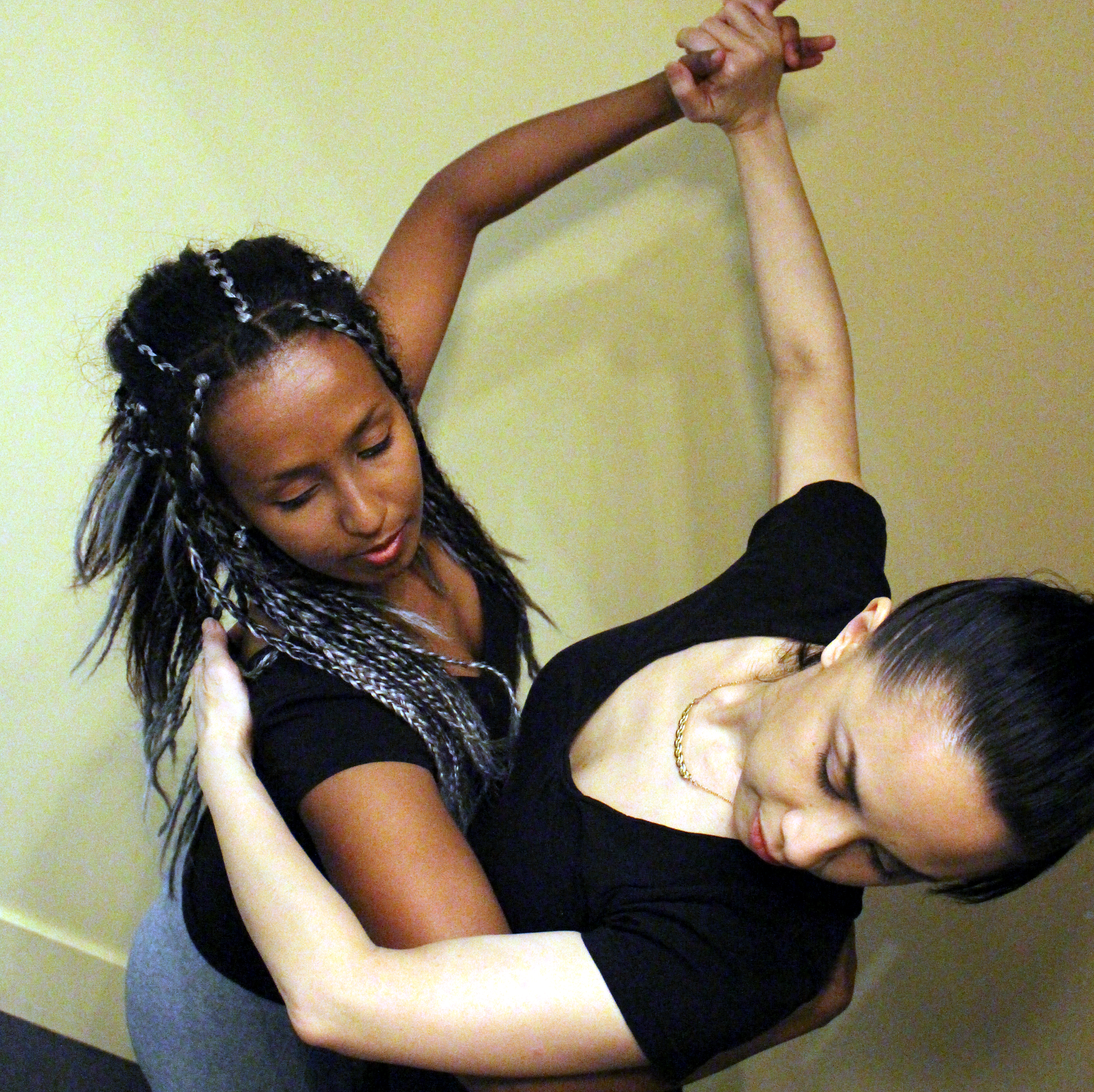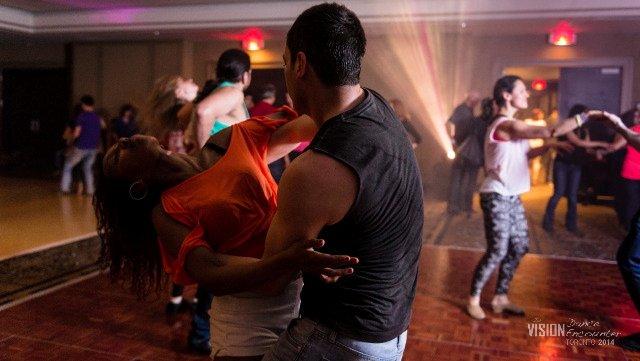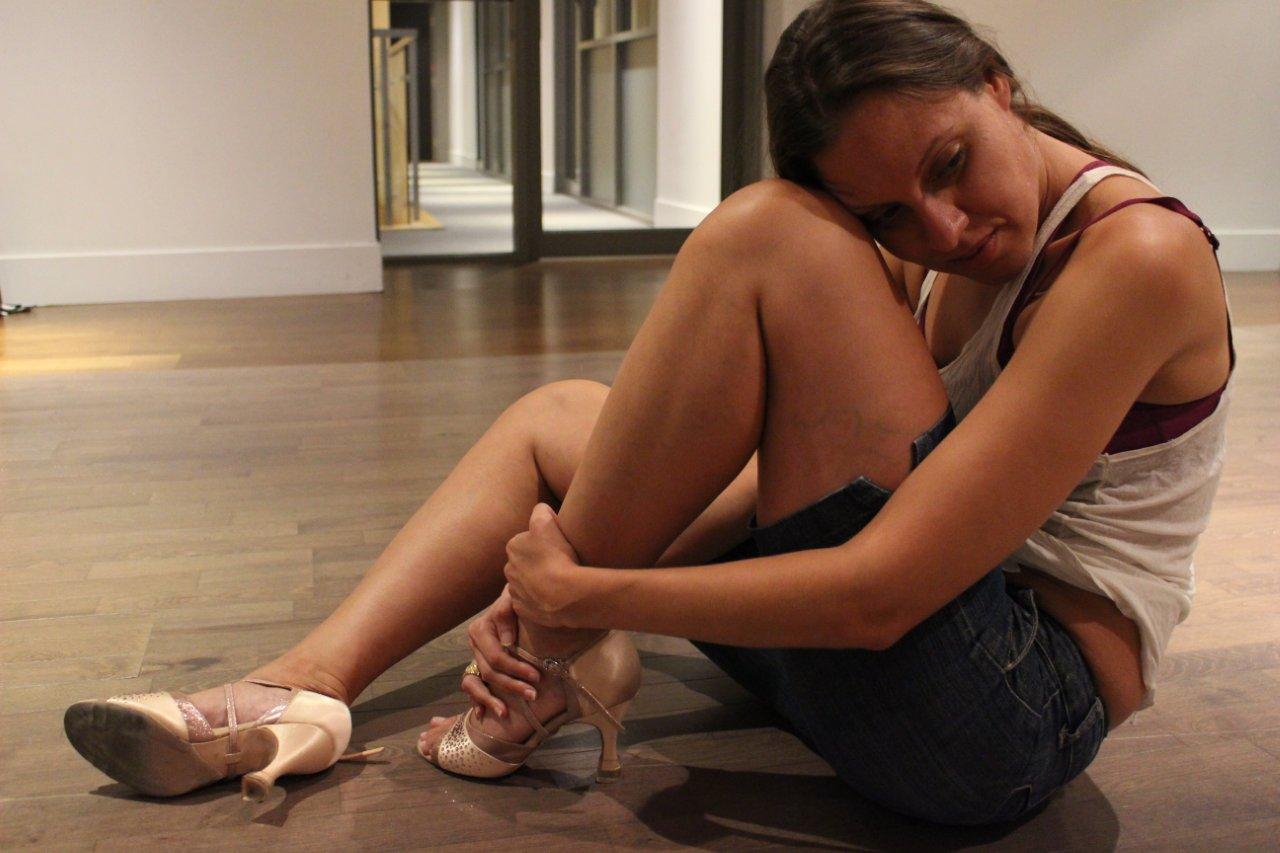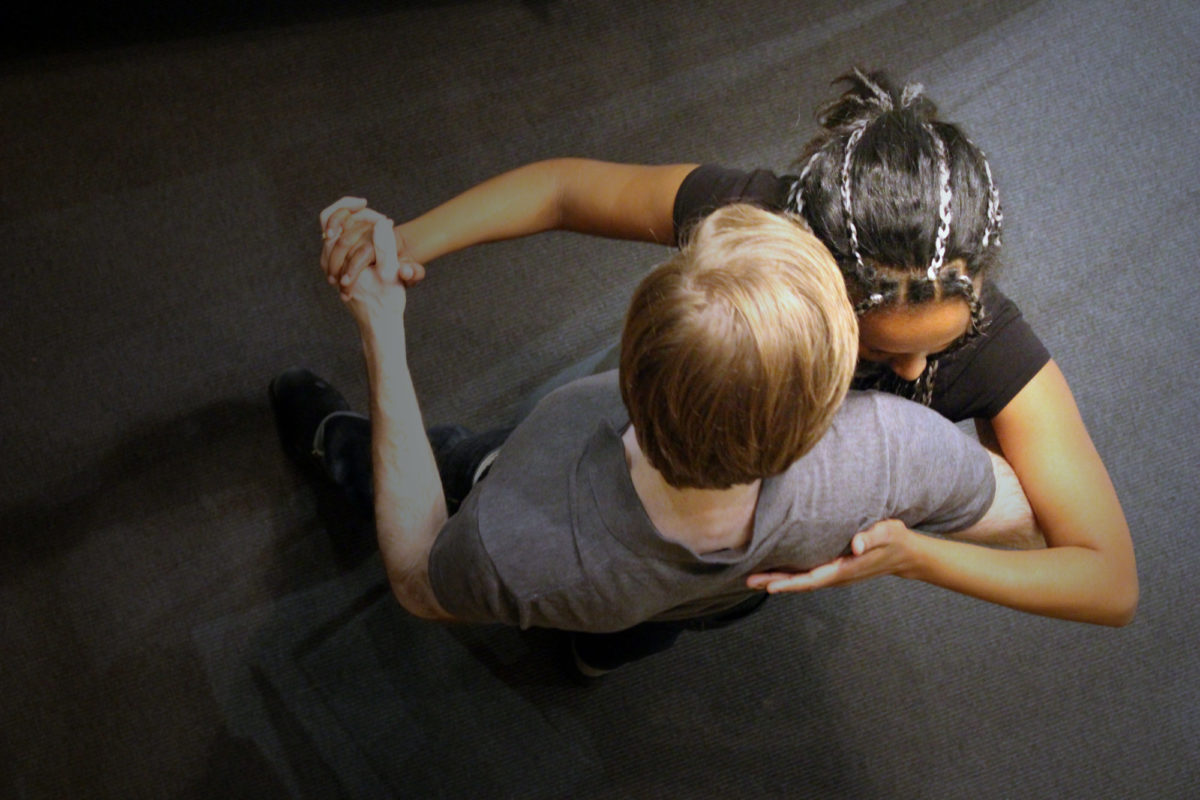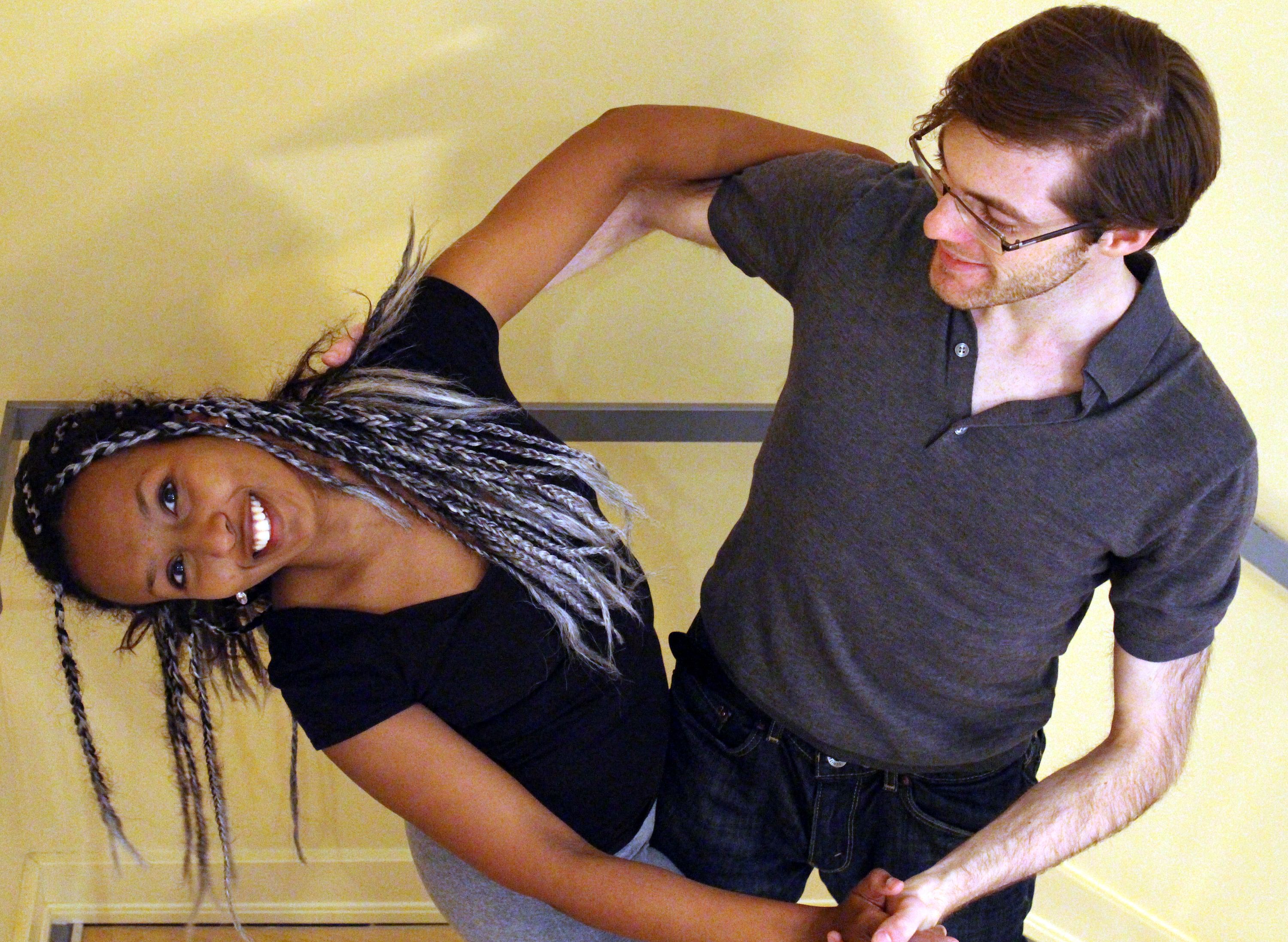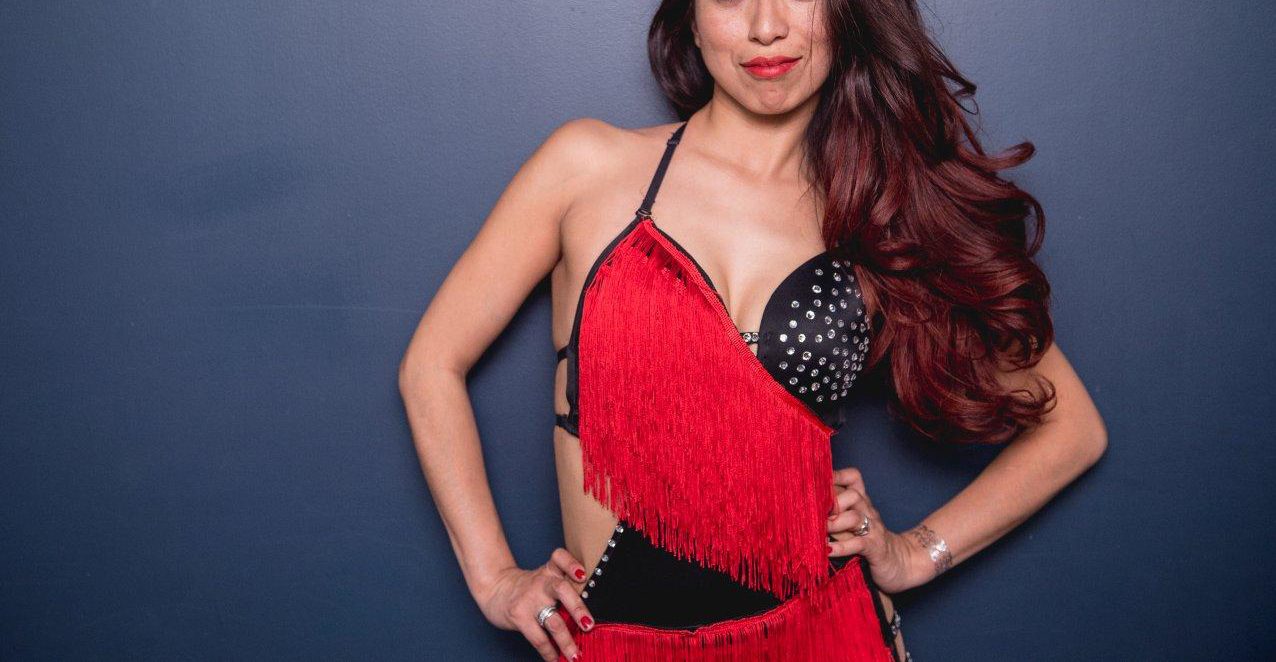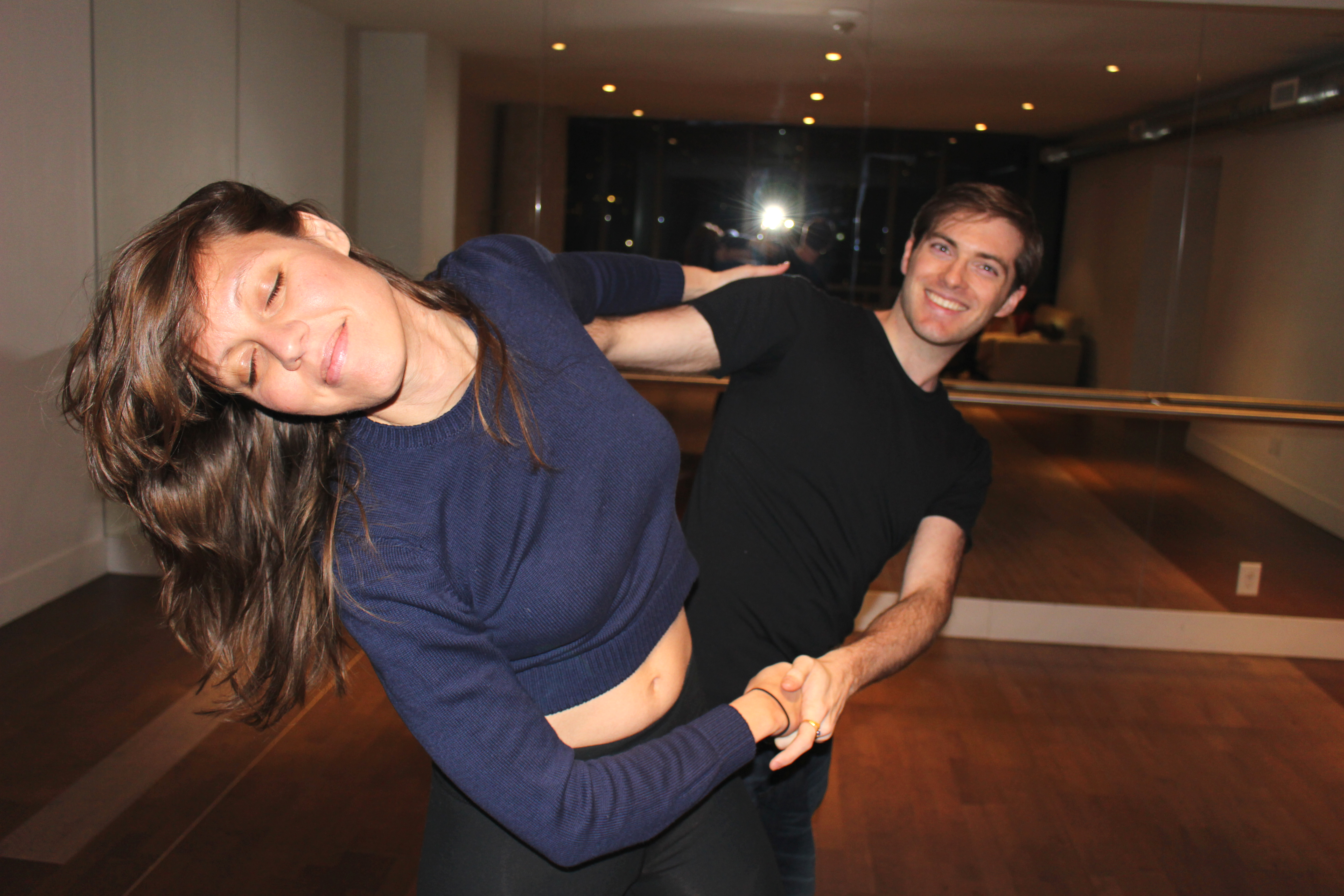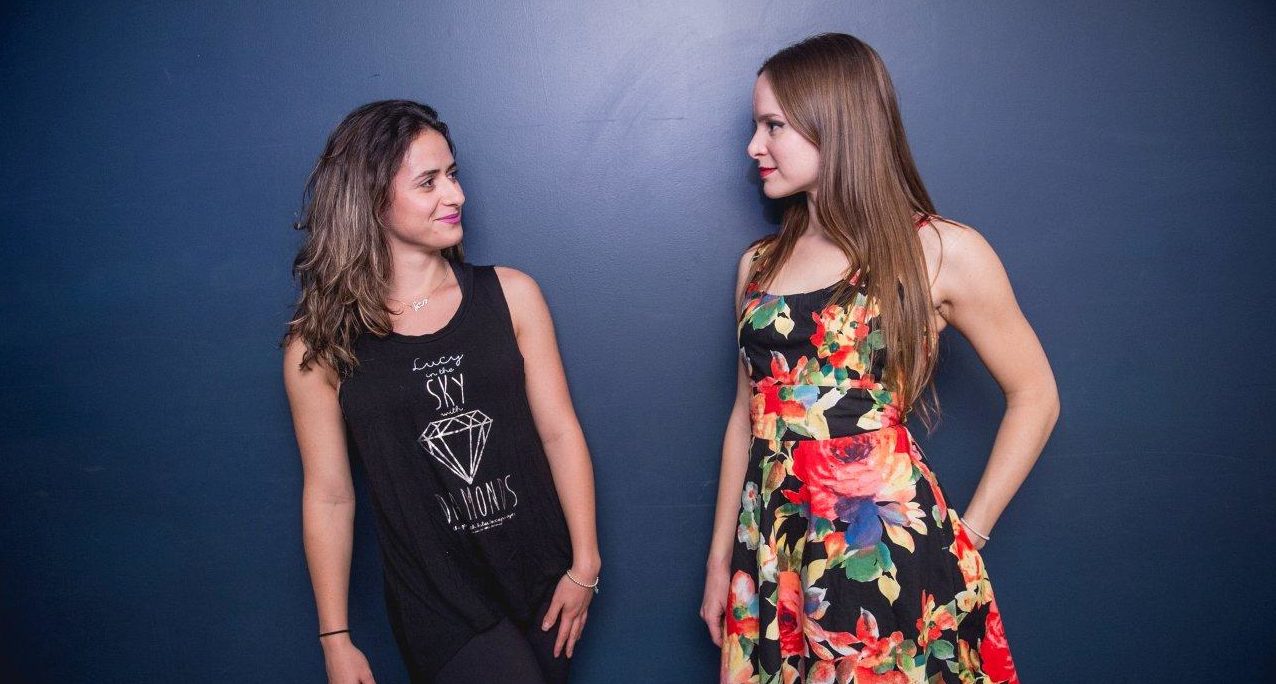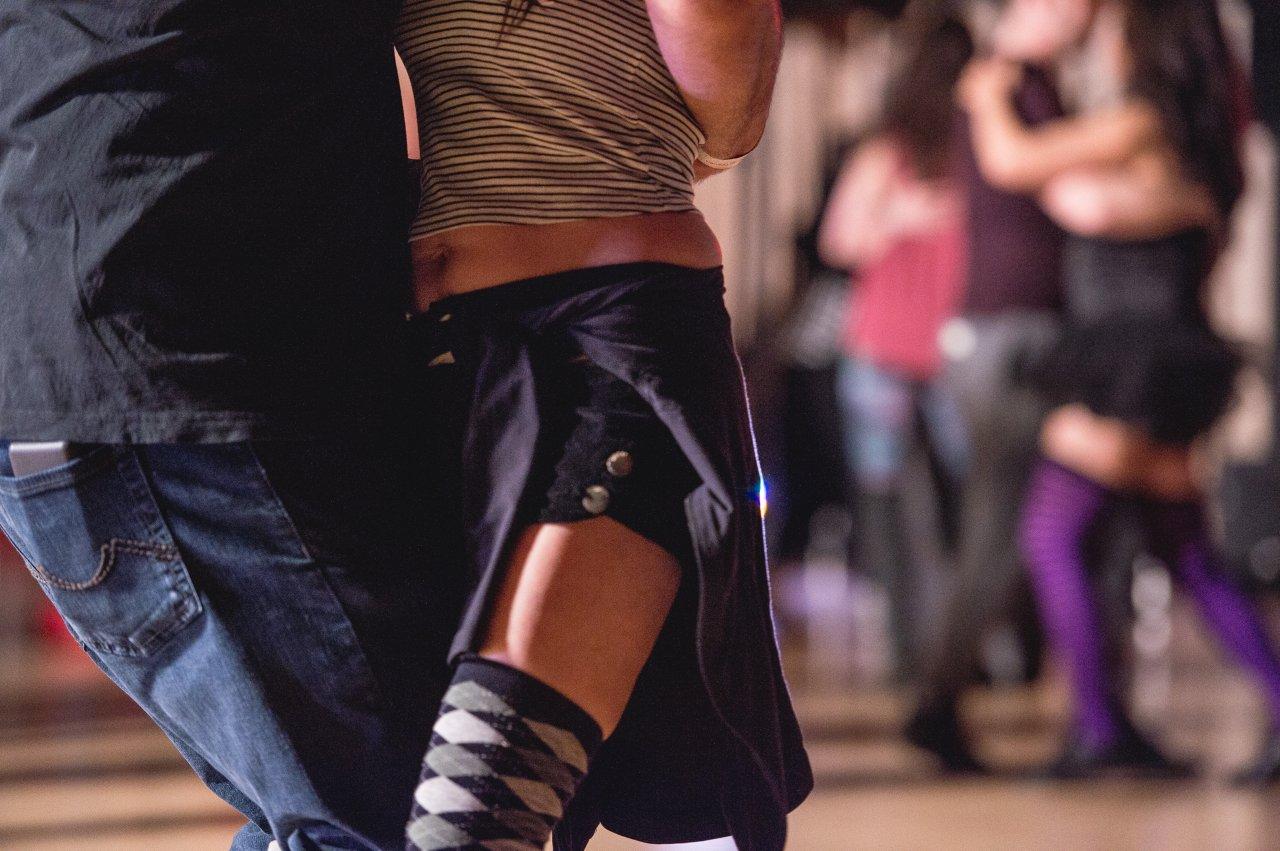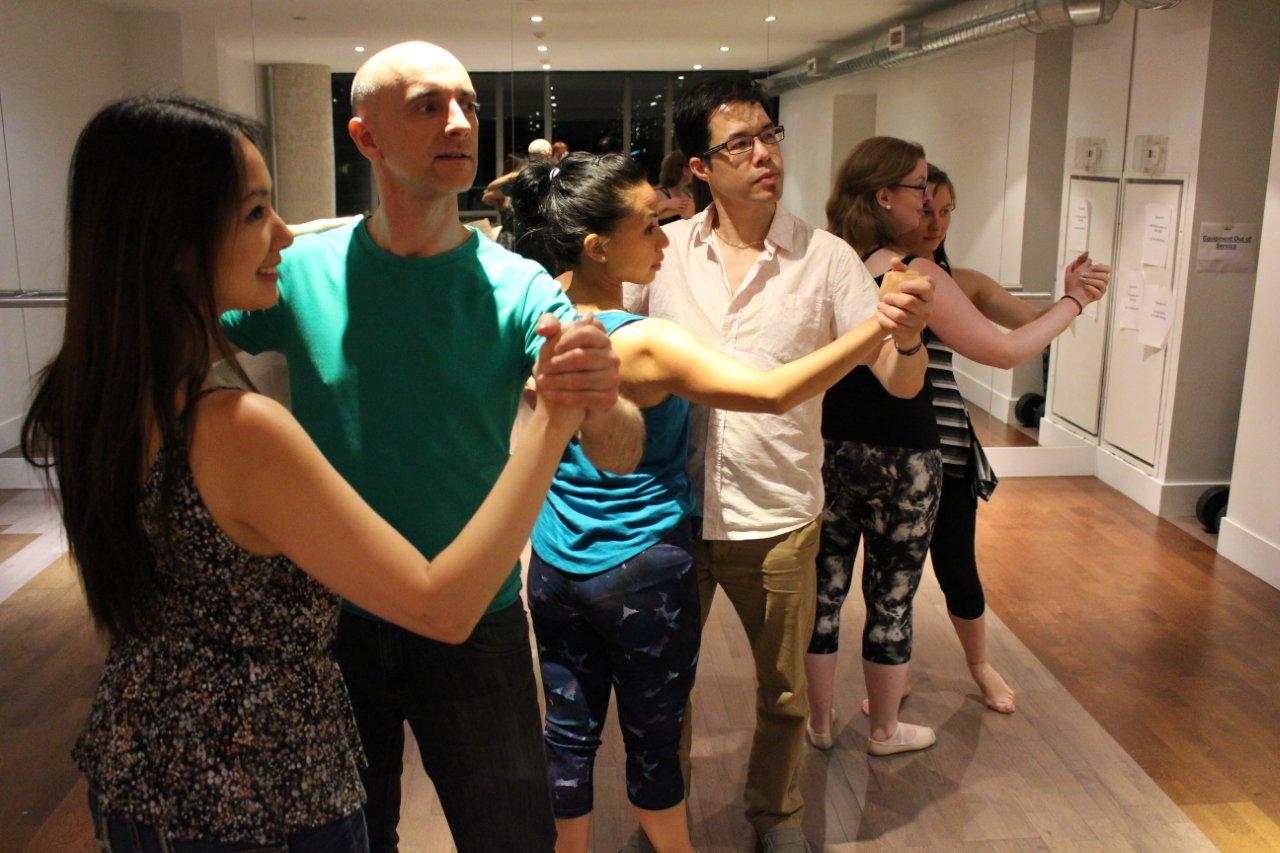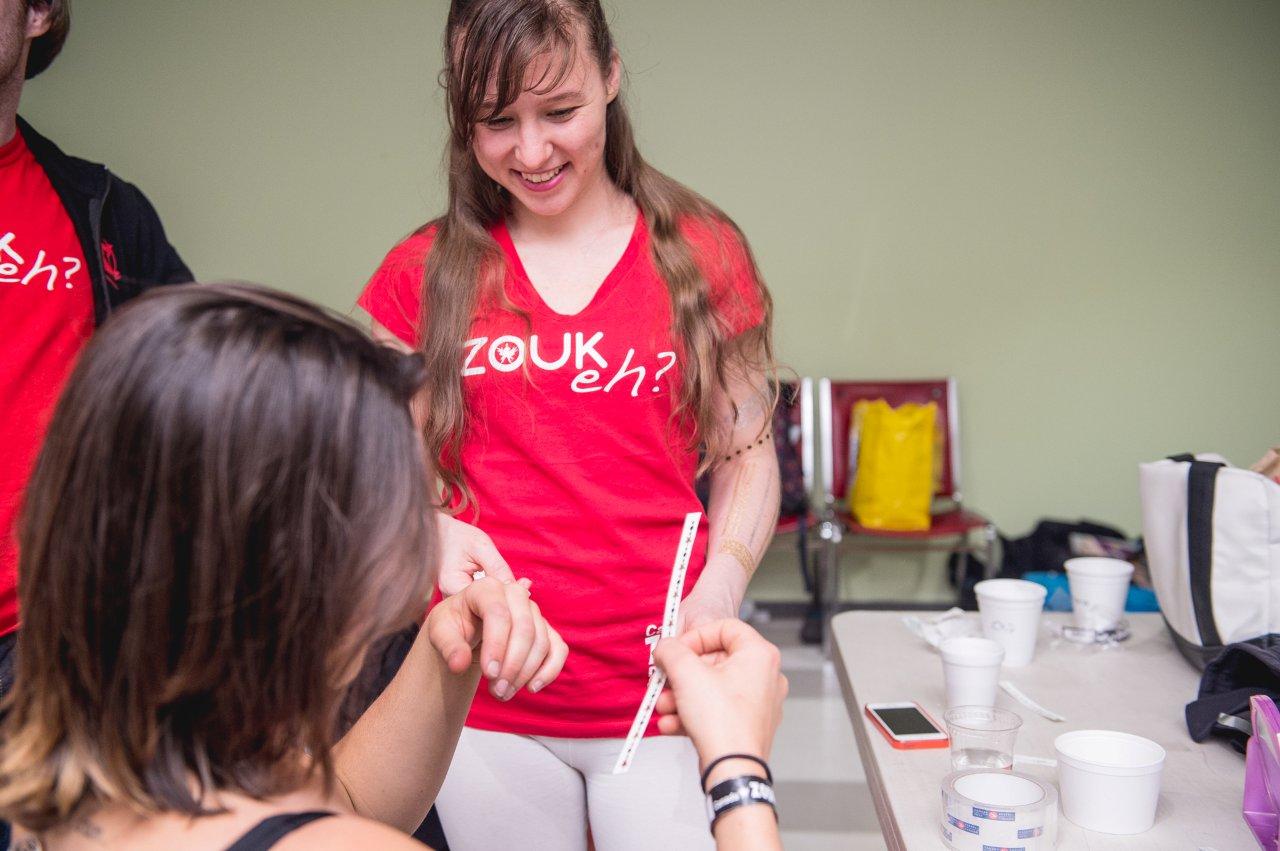Almost every scene has had a bad actor, ranging from lower-level he-said-she-said harassment to full, witnessed assault. Often, organizers and scene leaders are at a loss for an effective way to handle these issues. The default often goes one of three ways: The organizer does not want to deal with it and does not engage, resulting in no further action; The organizer takes the side of the alleged perpetrator because there isn’t enough “proof”; or, The organizer sides with the alleged victim(s), without careful consideration of the full story. I don’t think any of these directions is the appropriate way…
-
-
There’s a lot of conversations surrounding whether specific staff and artists at events are paid enough. Very often, these stories are either told from the perspective of an individual who (rightly) recognizes that an event isn’t paying the fair market rate for their services (and sometimes hiring a cheap replacement), or from an organizer lamenting the high costs of running an event. I’m both an organizer and an artist, but I also work as a non-artist staff member at Zouk events (running competitions). As a result, I’ve both hired staff and artists, and been hired by events. Regardless of what side of…
-
There’s been a trend about celebrating people who dance outside of the traditional roles. Whether it’s male follows, female leads, or ambidextrous dancers, it’s a great thing to see so many people stepping outside of the traditional. I started leading and following my first dance (Salsa) from the very beginning nine years ago. I did the same thing when I started Brazilian Zouk. I worked at both roles, danced in both roles, and (eventually) taught in both roles. I did it in all dances I tried except West Coast Swing and Tango – for which I am forever kicking myself. Therefore, I…
-
Dance is an expensive hobby. We pay for shoes, training, and… socials. But, what a lot of people don’t realize is that there are many ways to get an entire night of dancing for free! Not all of these strategies will work at all venues – but hopefully at least one of them will help you in your pursuit of more affordable dance fixes. 1 – Have a friend help you in the back door Many socials have a second entrance that’s not patrolled. Even if the door is locked, a friend on the inside can help you pop open…
-
For many of us, whether professional or amateur, dance is a passion that we devote a substantial amount of time, energy, and money to. We engage in training, travelling, and practising to make our dance closer to our perceived ‘ideal’. However, for some of us, we end up burning ourselves out because we push too hard too often. We start losing motivation (and then get mad at ourselves for that decreasing motivation), which can eventually cause some of us to depart from the scene entirely. One of the biggest contributors to this burnout is that many of us don’t permit ourselves…
-
Have you ever had an unpleasant dance? Maybe your partner squeezed your hand too hard. Maybe they were generally off-time and a bit rough. What did you do? Did you fix your face into an unsatisfied scowl to teach them a lesson? If you did, you have engaged in what I call passive-aggressive feedback. What is passive-aggressive feedback Passive-aggressive feedback is when a dancer uses body language (or, in extreme cases, even words) to indicate to their partner how unhappy they are with the present situation, but does not offer any constructive information as to what the issue is or…
-
A while ago, I wrote an article about the many reasons that professionals don’t always social dance. However, beyond that, there seems to be a fundamental disconnect both in how advanced dancers treat newer dancers, and the way that new dancers treat their dance idols. In many places, this has led to a strange dynamic where advanced dancers almost shun newer ones, while new ones create dance queues and demonize advanced dancers who are not super generous in their dances. As a social dancer in some styles and a professional in others, I’ve been on both sides of the divide.…
-
Over time, dance communities are moving towards a greater focus on follower empowerment. We are becoming more aware of the value followers bring to a dance, and the need to teach to both followers and leaders. But, some people are still a little bit foggy on what follower empowerment is. What follower empowerment is not As we explore what follower empowerment is, we need to remember that it is not about making followers more important than the leader, or insinuating that leaders are the bad guys. Rather, by giving more weight to the responsibilities and importance of the follower role, it actually reduces the…
-
In social dance, we often exist in a bliss bubble. We are used to physical touch and trusting those around us. But, these conditions also make it easy for people who are predators to manipulate or prey on us, our friends, and community members. More often than not, the first allegation against someone won’t get a lot of traction unless there is substantial proof. But, in most cases, predators don’t commit a one-off assault. Rather, there’s a pattern of behaviour. One person may have experienced dance floor groping; another may have been kissed by force. Then, you may find out…
-
For many, a fair dance world would be one in which hard work + time = a better dancer. The person who has taken two classes a week religiously for four years would necessarily be stronger than a dancer who has taken an occasional private or event workshop in the same length of time. In reality, this isn’t how things work. Why certain people get better faster Very often, people excel quicker than their peers for one of a few reasons: Physical conditions (which may include age, flexibility, strength, health, etc) Movement experience How they think Quality of instruction/dances Talent Accepting Progress…
-
Some of us complain that when we go to big events, congresses or festivals, we have a hard time getting dances. This specifically seems to affect solo travelers more than those coming with a large local group. These experiences can lead to us feeling deflated, insecure, and disillusioned. In some cases, it can even negatively colour the entire event experience. Others (particularly those who travel frequently) end up largely dancing with the same pool of desired and known partners. While this can be fun, it can also eliminate possible fantastic new partners. It also misses out on the thrills of bringing newer,…
-
In group classes, it can be a struggle to find the line between providing feedback to a partner, asking for what you want, and becoming the teacher. In my opinion, feedback and asking for what you need from a partner is an integral part of learning. For example, asking a lead to do something with less force or focus on a particular element can make a follow’s learning experience far more effective. For leaders, asking a follower to wait can be helpful for understanding the actual mechanics of a movement. But, in order to give appropriate feedback, the provider needs to avoid…
-
Have you ever been told that you were a ‘heavy’ follower, attempted to become lighter, and were then told that you were too disconnected or floppy? Or, have you been told your connection was too “light”, attempted to adjust, and then found yourself being called too “heavy”? If so, this article is for you. The “Heaviness” and “Lightness” Problem Frequently, social dancers use heaviness and lightness as catch-all phrases to encompass the idea of “connection.” A follow who is “too heavy” often has too much tension, pushes down their arms, and can feel immovable. A follow who is “too light”…
-
We trust dance teachers to tell us the “right” way to dance. Whether it’s how to place your foot, establish connection, or execute general body mechanics, we use their guidance to grow and learn. But, what happens if our teachers tell us something wrong? How Teachers can be Wrong There are several reasons that a teacher may be “wrong”. Some teachers have few access to resources, and therefore are ‘filling in’ the blanks that they don’t yet understand themselves. Some are stubborn, and refuse to seek out correct answers for problems in their methodologies. And, some are mistakenly bringing in elements…
-
Once upon a time, I was a broke student who wanted to dance. I jumped at opportunities that allowed me to learn for low or no cost whenever I could. Eventually, one of those opportunities turned into a full dance partnership. When I started teaching, I remembered dancing on a budget. So, for the first while that I was teaching classes, I thought that students should have access to classes – even if they couldn’t pay. So, I very frequently would accept students who said they were “unable” to pay. I rarely do that anymore. This is why. A Few…
